Ship or pick up from our office.
Product Sheet PDF
Double Swing Gate Opener NICE -Wingo 4024
*Suitable gate weight: Maximum 400 Kg (Per leaf)
Included:
*2 x Electromechanical arm
*1 x Main control board
*1 x Waterproof box
*2 x Remote control
*2 x Manual release key
*1 x Safety sensor
NICE Wingo 4024 swing gate opener is a drive that is suitable for small single swing gates in the private sector.
This drive is perfect for swing gates with the maximum wing width of 1.8 m (weight - 200 kg) or with the maximum weight of 400 kg (with the wing width 1 m).
Nice Swing Gate Operators are designed to fit a wide range of settings and applications.
The
Double Swing Gate Opener NICE - Wingo 4024 is an electromechanical gear motor system designed for automating
double swing gates. It's primarily used for
residential and light industrial applications, offering a convenient and secure way to open and close gates without manual effort.
Here's a breakdown of its key features and specifications:
Key Features
- Electromechanical Gear Motor: It utilizes a 24 Vdc electromechanical gear motor, known for its reliability and quiet operation.
- Suitable for Various Gate Sizes: It can handle swing gates with individual leaves up to 2 meters in length or up to 400 kg in weight (for a gate leaf of 1 meter).
- Surface Mounted: The system is designed for surface mounting, meaning the motors are installed directly onto the gate posts or pillars.
- Easy Installation: Electrical connections are made from above the gear motor, simplifying the installation process.
- User-Friendly Release: In case of a power failure, the gate can be manually unblocked and moved with a personalized Nice key or standard lock (optional).
- Moonclever Control Unit (MC424L/MC824H): This advanced control unit offers several intelligent functions:
- Simple Programming: Easy setup with a single button.
- Automatic Memorization: Self-learning function for limit switches on opening and closing.
- Anti-Crush Safety: Features a clutch with an anti-crush safety device to prevent damage or injury.
- Obstacle Detection: Uses dual technology to detect obstacles during operation.
- Programmable Functions: Allows for programming of pause time, pedestrian pass door function, and deceleration at the beginning and end of cycles.
- Battery Backup Option: Can operate during power failures with optional rechargeable batteries (PS124/PS324) that fit inside the control unit.
- Resistive Sensitive Edge Connection: Can be connected to 8.2 KOhm resistive sensitive edges for enhanced safety.
- Durable Construction: Features tough aluminum shells with polyester paint finish, making it resistant to atmospheric agents. Internal moving parts are made of steel, light alloys, and techno-polymers for durability.
- Mechanical Limit Switches: Includes pre-assembled mechanical limit switches for setting the open position.

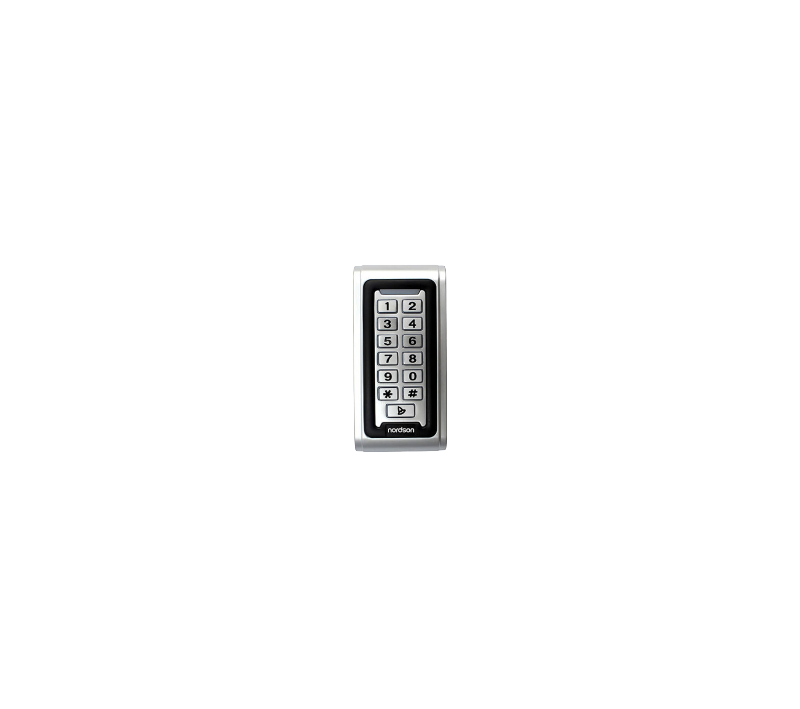
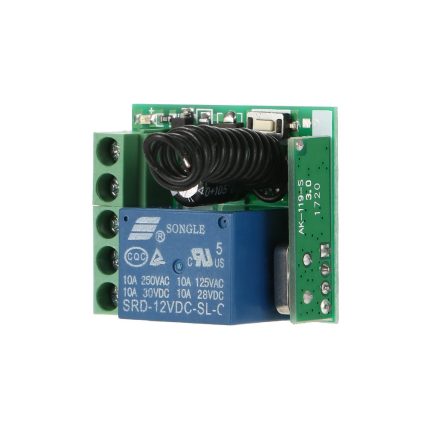
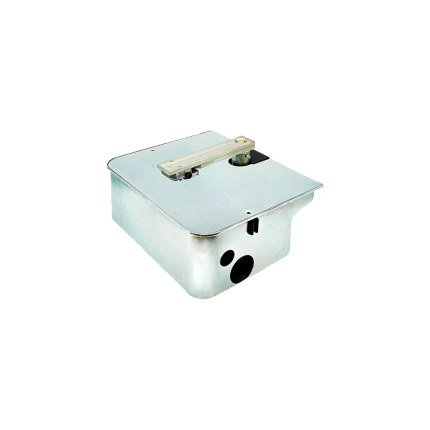


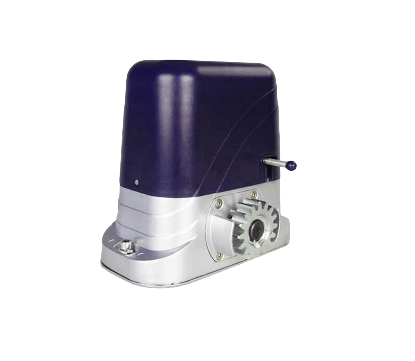
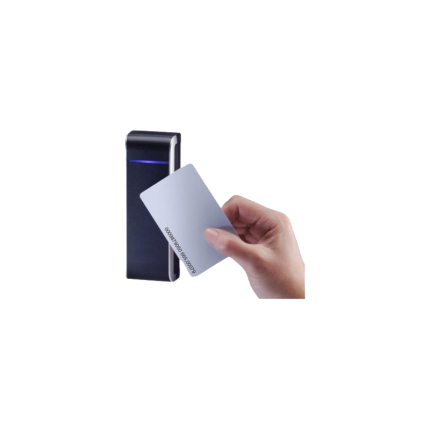
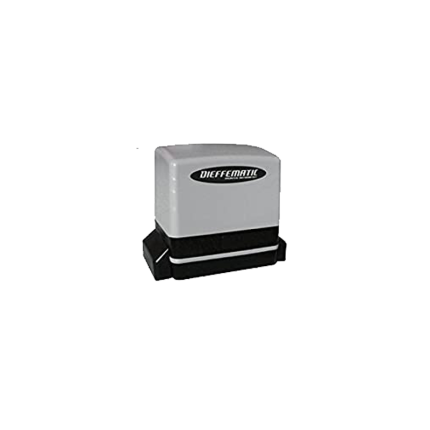
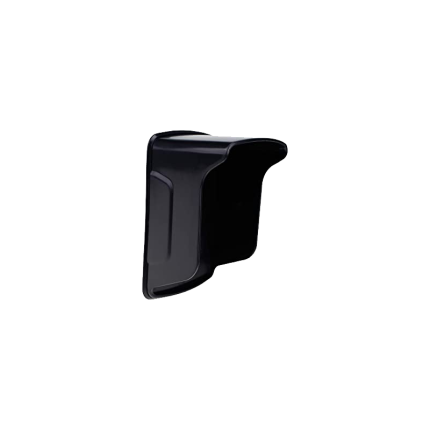
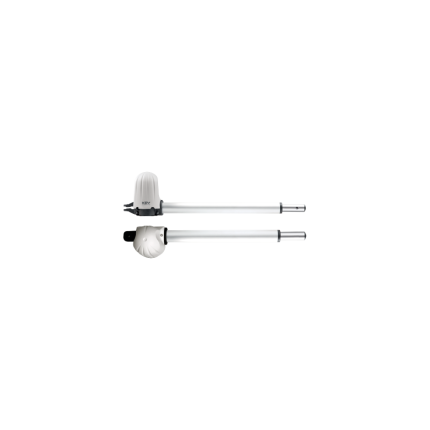
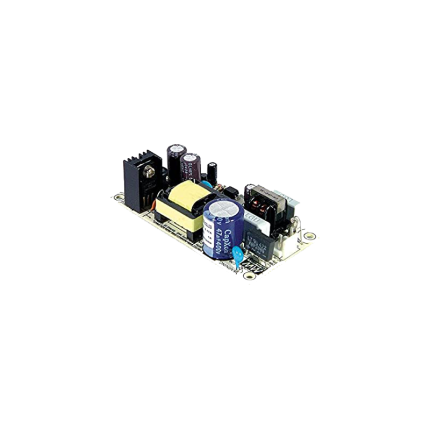
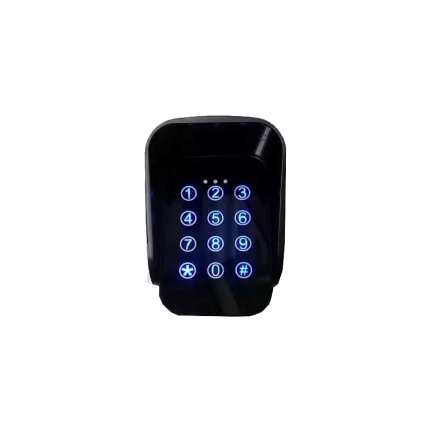
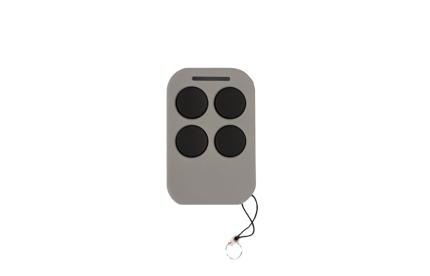
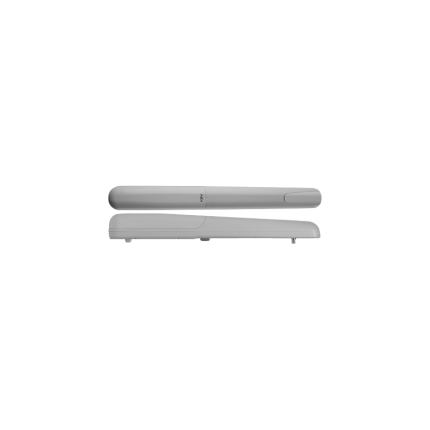
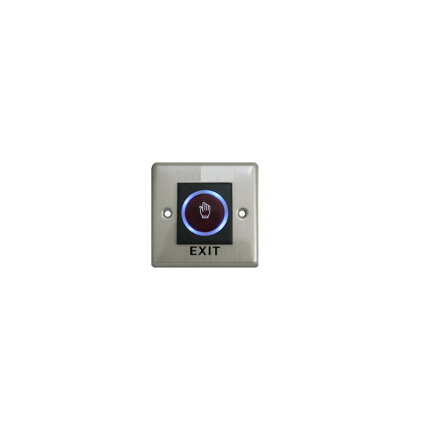
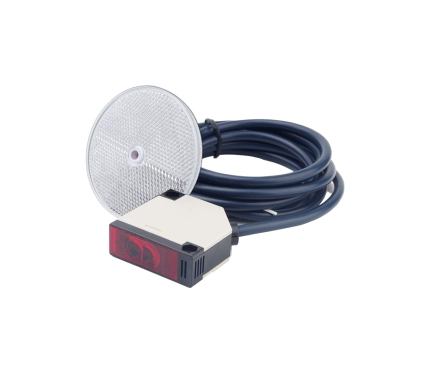
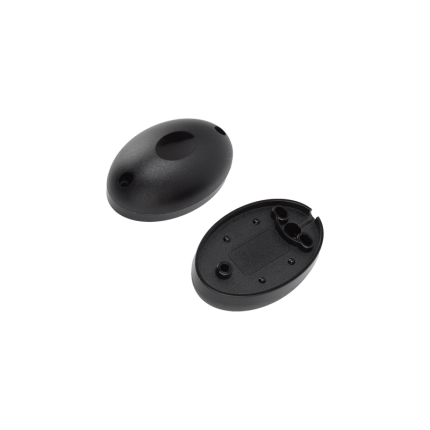
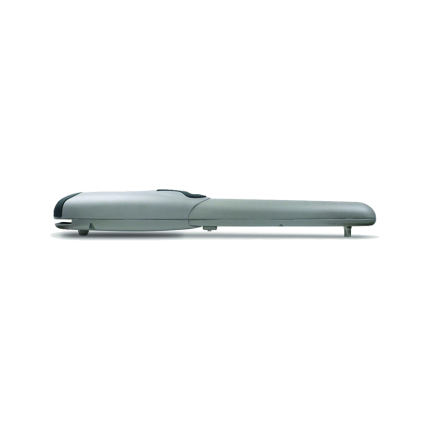
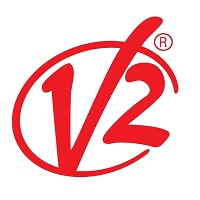

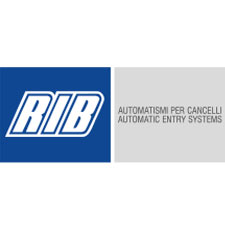


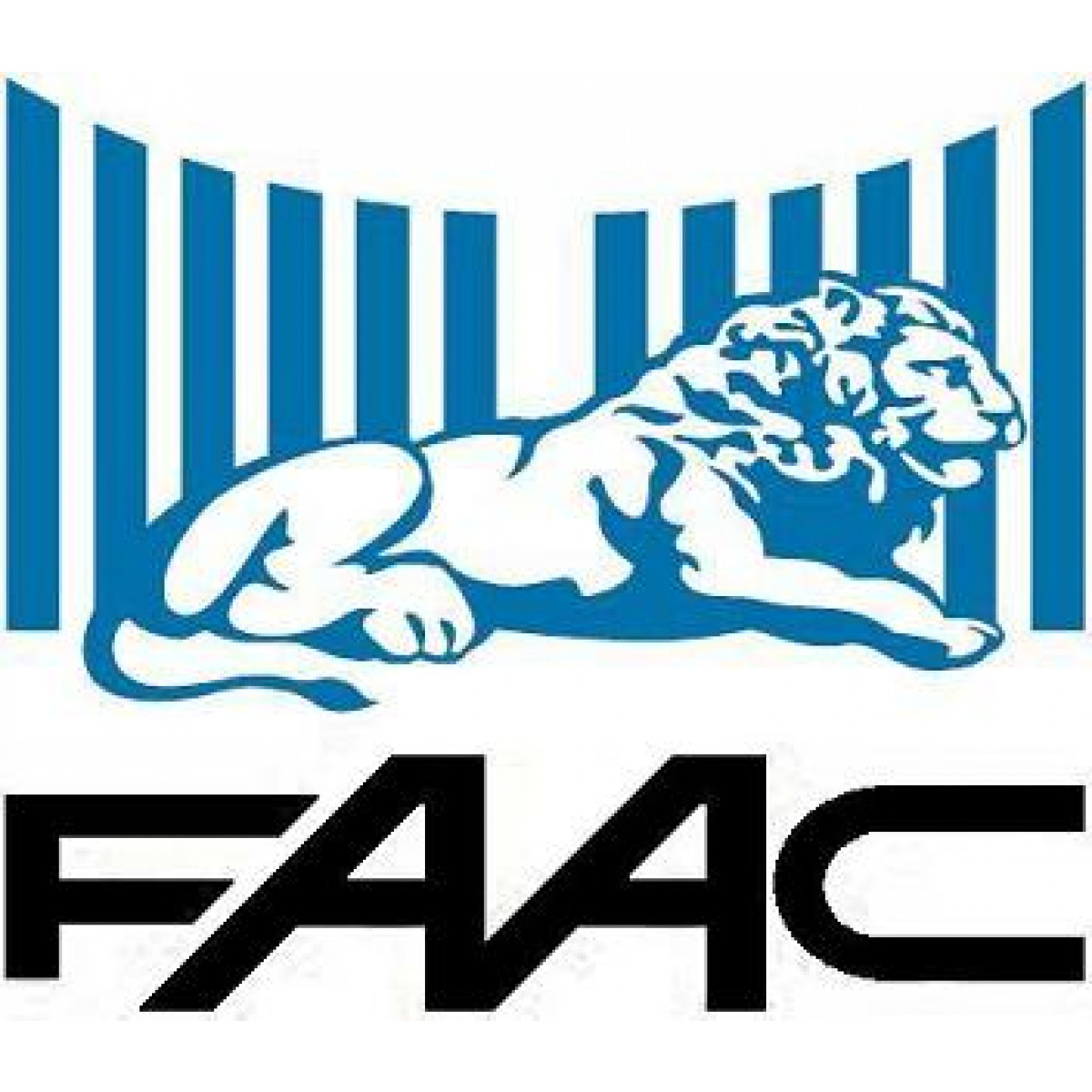



Reviews
There are no reviews yet.